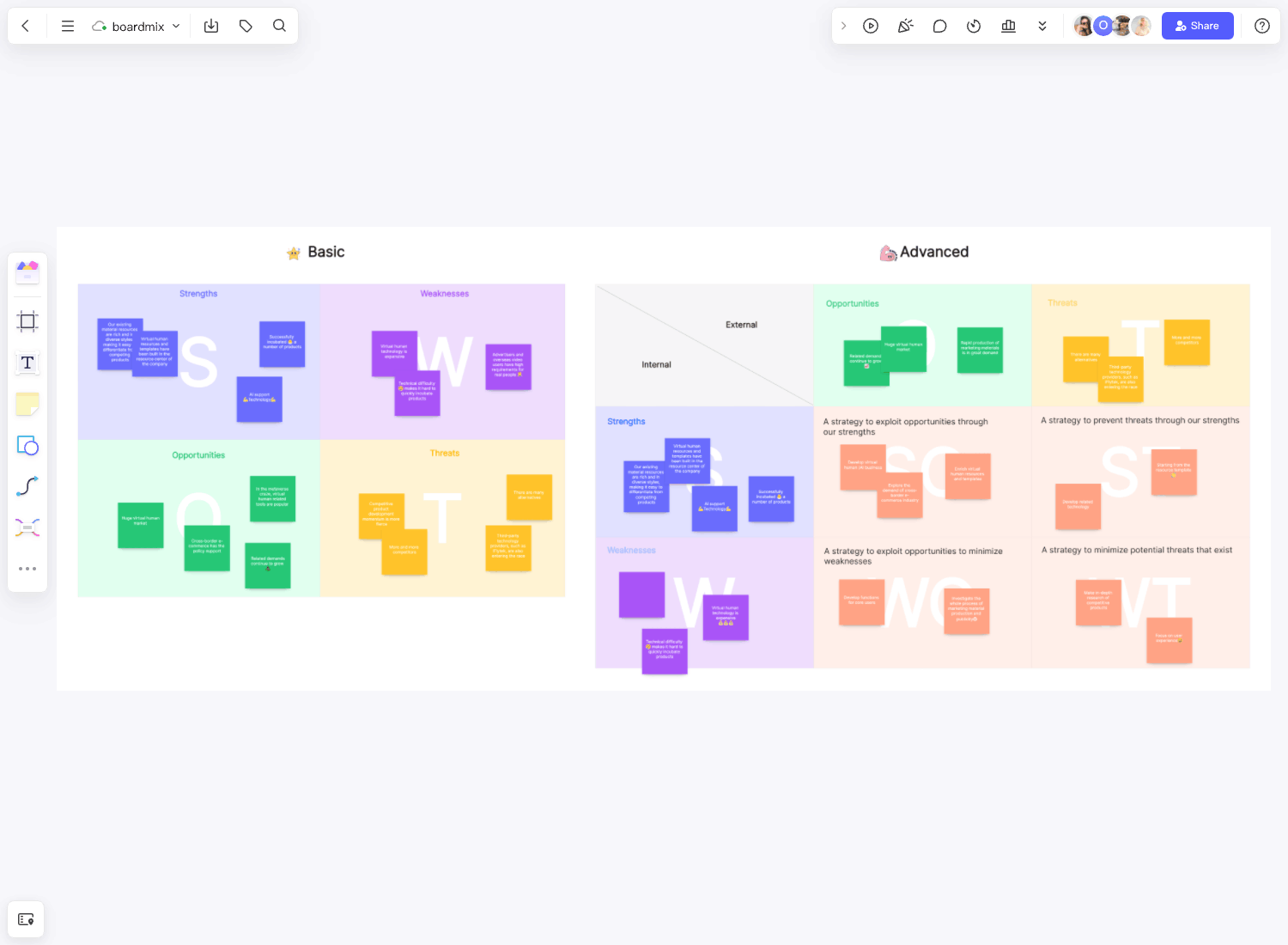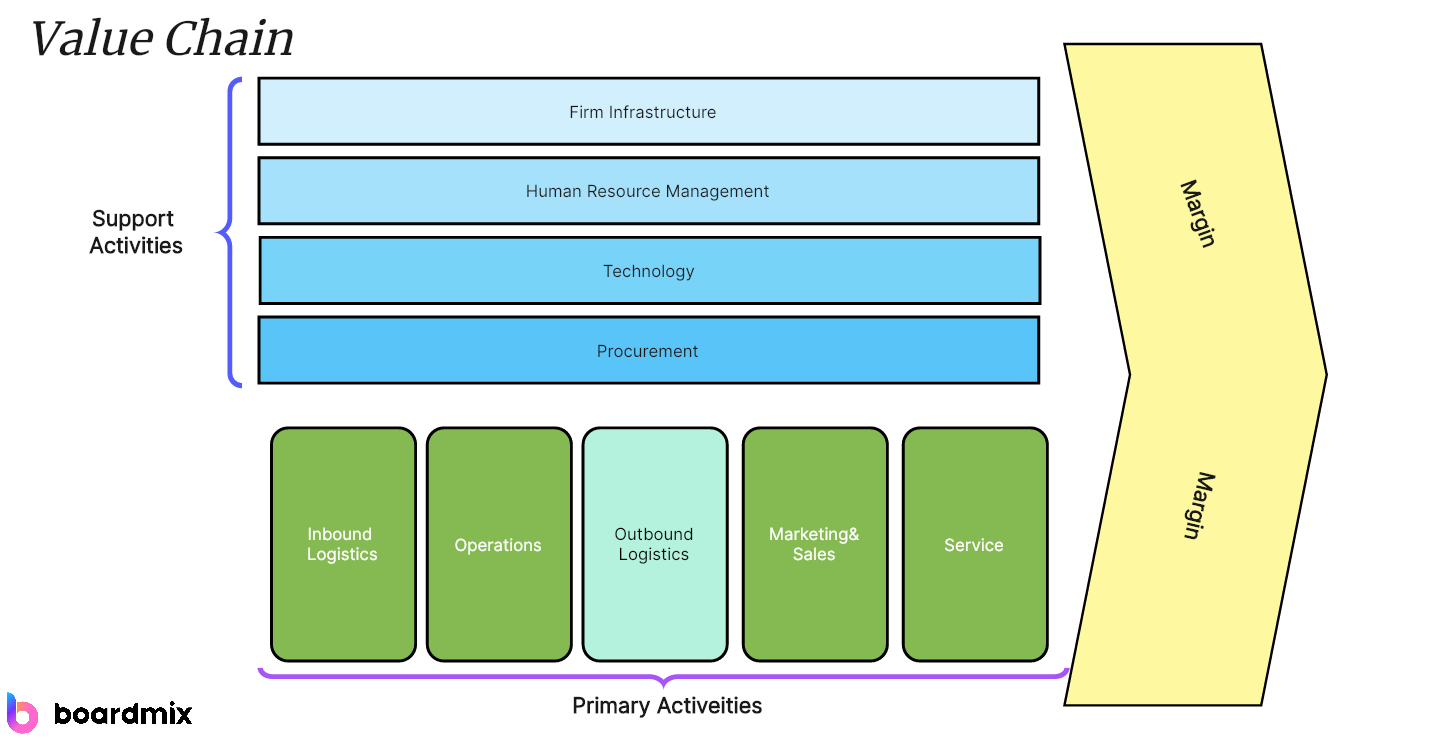What is a schedule management plan in project management?
A schedule management plan in project management is a document that outlines how the project schedule will be created, maintained, and controlled throughout the project. It defines the processes, tools, and techniques that will be used to develop and manage the project schedule.
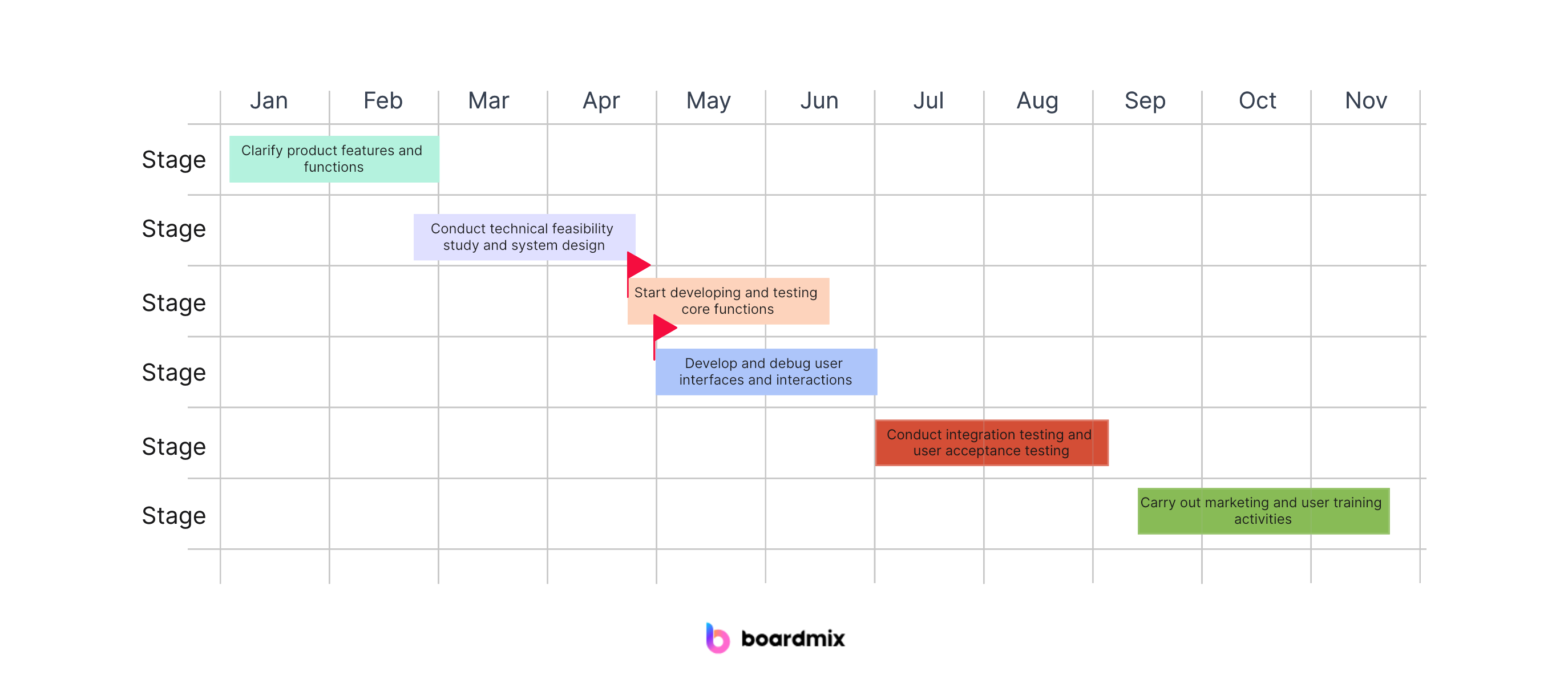
The schedule management plan includes the following key components:
- Schedule Development: This section outlines the approach that will be used to develop the project schedule. It includes information on how the work breakdown structure (WBS) will be created, how activities will be identified and sequenced, and how resource requirements will be estimated.
- Schedule Control: This section describes how changes to the project schedule will be managed. It includes information on how schedule baselines will be established, how progress will be measured and reported, and how schedule variances will be identified and addressed.
- Schedule Communication: This section outlines how the project schedule will be communicated to stakeholders. It includes information on the frequency and format of schedule updates, as well as the roles and responsibilities of stakeholders in reviewing and approving the schedule.
- Schedule Tools and Techniques: This section identifies the tools and techniques that will be used to develop and manage the project schedule. It may include software applications, such as Microsoft Project, as well as manual techniques, such as Gantt charts or network diagrams.
- Schedule Performance Metrics: This section defines the key performance indicators (KPIs) that will be used to assess the performance of the project schedule. It may include metrics such as schedule variance, schedule performance index, and milestone achievement.
The schedule management plan is an essential document in project management as it provides a roadmap for effectively managing the project schedule. It helps ensure that all project activities are completed on time, resources are allocated efficiently, and project objectives are achieved within the defined timeline.
How to Improve Schedule Management in Project Management
Improving schedule management in project management is essential for ensuring the timely completion of tasks and the successful execution of projects. Here are some tips to enhance schedule management:
- Define Clear Objectives: Start by clearly defining the project objectives and deliverables. This will help in identifying the tasks and activities required to achieve those objectives and create a realistic schedule.
- Break Down Tasks: Break down the project tasks into smaller, manageable units. This will make it easier to estimate the duration and effort required for each task and allocate resources accordingly.
- Establish Dependencies: Identify the dependencies between tasks to determine the order in which they need to be executed. This will help in creating a logical sequence of activities and avoid any unnecessary delays or bottlenecks.
- Allocate Resources: Allocate the necessary resources, such as human resources, equipment, and materials, to each task. Ensure that resources are available when needed and that their availability is considered when creating the schedule.
- Set Realistic Deadlines: Set realistic deadlines for each task based on its complexity and the available resources. Avoid setting overly ambitious deadlines that may lead to rushed work or quality issues.
- Monitor Progress: Regularly monitor the progress of each task against the schedule. This will help in identifying any delays or deviations from the plan early on and take corrective actions if necessary.
- Communicate Effectively: Maintain open and transparent communication with team members and stakeholders about the schedule. Regularly update them on the progress, any changes in the schedule, and potential impacts on the project timeline.
- Prioritize Tasks: Prioritize tasks based on their importance and urgency. This will help in ensuring that critical tasks are completed on time, even if there are unexpected delays or changes in the schedule.
- Use Project Management Tools: Utilize project management software or tools to create, track, and manage the schedule effectively. These tools can automate tasks, provide real-time updates, and facilitate collaboration among team members.
- Learn from Past Projects: Analyze past projects to identify any patterns or lessons learned that can be applied to future schedule management. Continuously improve the schedule management process based on feedback and experiences.
By following these tips, project managers can improve schedule management, increase efficiency, and achieve better project outcomes. Effective schedule management is crucial for delivering projects on time and within budget, meeting stakeholder expectations, and ensuring overall project success.
How to create schedule management in Boardmix whiteboard
Creating your schedule management in Boardmix Whiteboard can help you visually organize and manage your tasks and deadlines. Here's a step-by-step guide on how to create your schedule management in Boardmix Whiteboard:
- Create a new board: Start by creating a new board in Boardmix Whiteboard. You can either choose a blank template or use a pre-designed template that suits your project requirements.
- Define project objectives: Clearly define the objectives and deliverables of your project. This will help you identify the tasks and activities required to achieve those objectives.
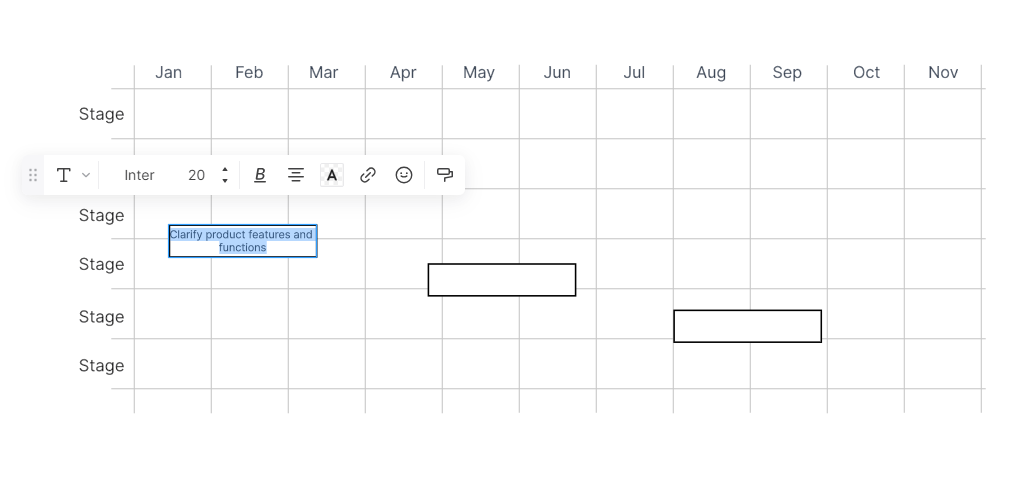
- Add tasks and deadlines: Create task cards for each individual task or activity. Write a brief description of the task and assign it a deadline. You can also include any additional details or attachments related to the task.
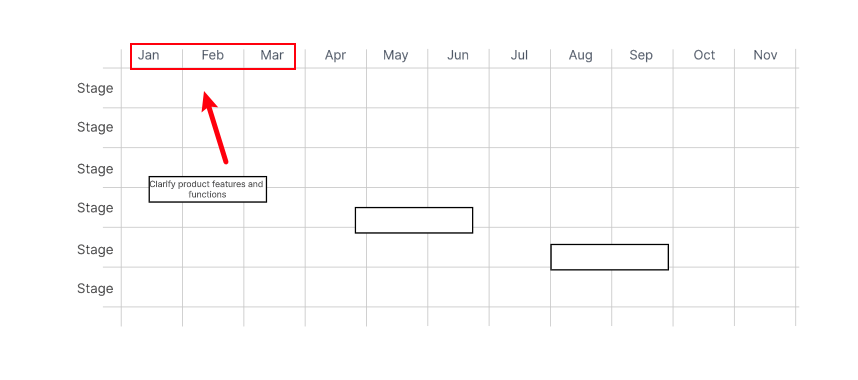
- Organize tasks: Arrange the task cards on the board in a logical order based on their dependencies. You can use arrows or connectors to show the flow of tasks and their relationships.
- Allocate resources: Assign resources, such as team members or equipment, to each task card. This will help you ensure that the necessary resources are available when needed.
- Set milestones: Identify key milestones or checkpoints in your project timeline. These can be significant dates or events that mark the completion of a phase or the achievement of a specific goal.
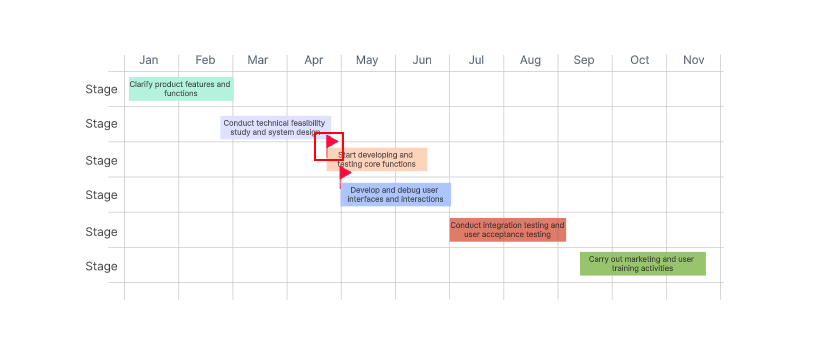
- Track progress: As you work on your project, update the status of each task card to reflect its progress. You can use different colors or labels to indicate whether a task is pending, in progress, or completed.
- Communicate with team members: Share the board with your team members so that they can view and contribute to the schedule management. Encourage open communication and collaboration to ensure everyone is on the same page.
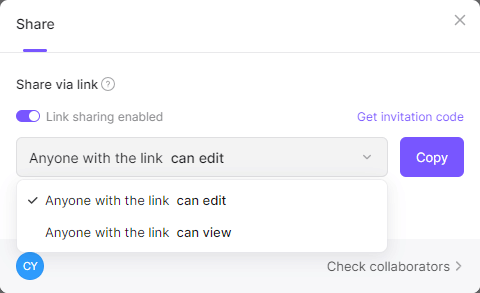
- Make adjustments as needed: Monitor the progress of your project and make adjustments to the schedule management if necessary. This could include reassigning tasks, updating deadlines, or addressing any unforeseen challenges.
- Review and analyze: Once your project is completed, review the schedule management board to analyze the overall performance. Identify any areas for improvement or lessons learned that can be applied to future projects.
By using Boardmix Whiteboard for schedule management, you can visualize your project timeline, track progress, and collaborate effectively with your team members. It provides a user-friendly interface that simplifies the process of managing schedules and ensures better project outcomes.
What are the three main types of schedules in project management?
The three main types of schedules in project management are:
1. Master Schedule: The master schedule is the overall plan that outlines the timeline and sequencing of all project activities. It includes the start and end dates of each activity, dependencies between activities, and milestones. The master schedule provides a high-level view of the project timeline and helps project managers track progress and identify any delays or issues.
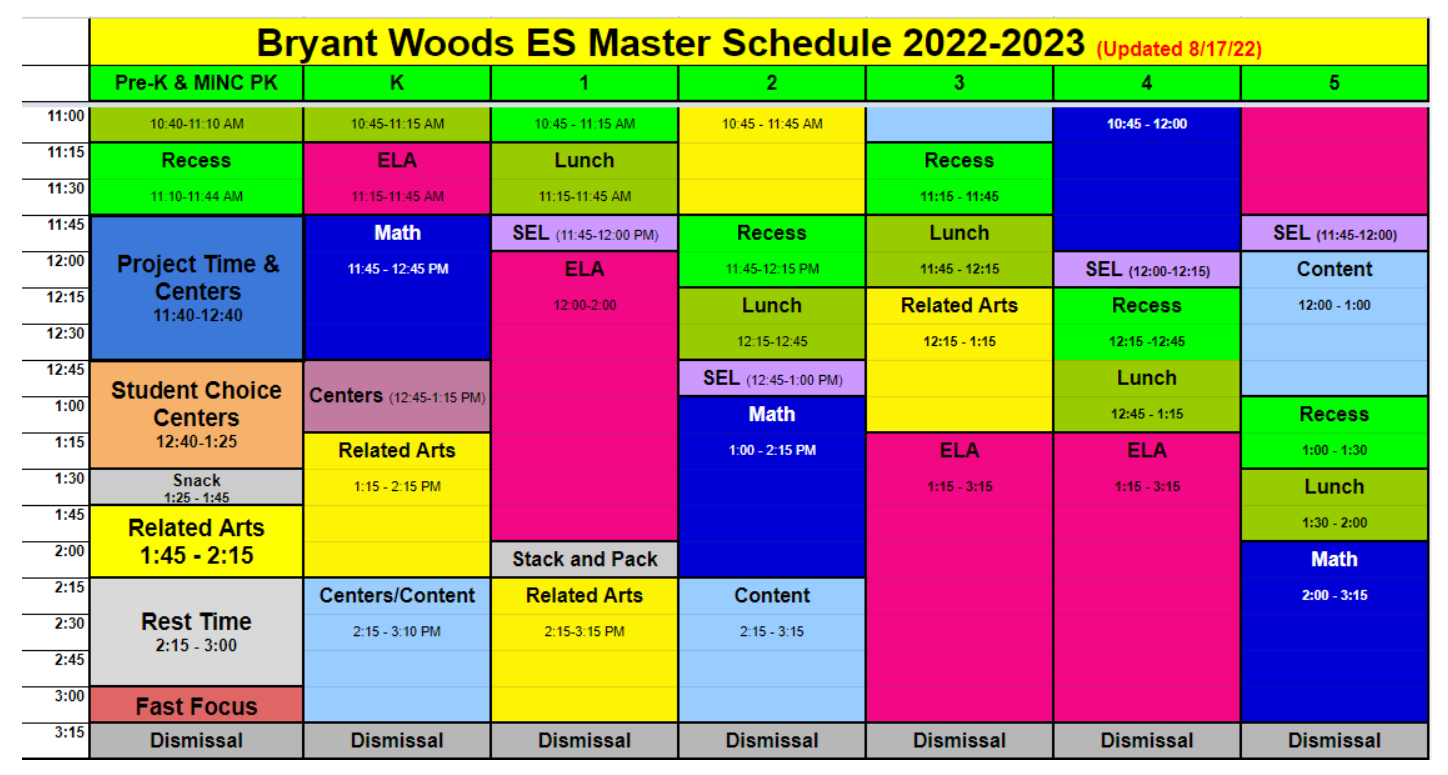
Image from bwes.hcpss.org
2. Detailed Schedule: The detailed schedule breaks down the activities from the master schedule into more specific tasks and subtasks. It includes more detailed information such as estimated durations, resource assignments, and specific deadlines. The detailed schedule helps project teams understand the specific tasks they need to complete and the order in which they should be executed.
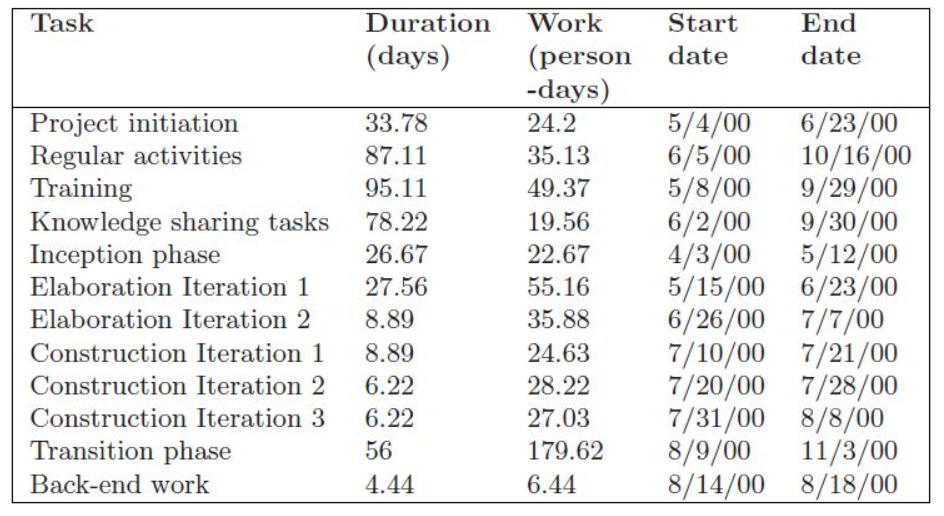
Image from rpl-blog.blogspot.com
3. Project Baseline: The project baseline is a snapshot of the project schedule at a specific point in time. It represents the agreed-upon plan and serves as a reference point for comparing actual progress against planned progress. The project baseline includes the original estimates for activity durations, start and end dates, and resource assignments. It helps project managers track changes and assess the impact of any deviations from the original plan.

Image from project-management.info
These three types of schedules work together to ensure that project activities are properly planned, executed, and monitored. The master schedule provides an overview of the project timeline, the detailed schedule breaks it down into specific tasks, and the project baseline serves as a benchmark for measuring progress.
Why is schedule management important in project management?
Schedule management is important in project management for several reasons.
- Time Management: Effective schedule management allows project managers to allocate resources and time efficiently. By creating a well-defined schedule, project managers can ensure that tasks are completed within the defined timeline, avoiding delays and ensuring project milestones are met.
- Resource Allocation: Schedule management helps in allocating resources effectively. It allows project managers to identify the resources required for each task and allocate them accordingly. This ensures that resources are not overburdened or underutilized, leading to optimal resource utilization and cost savings.
- Stakeholder Communication: A well-managed schedule enables clear and transparent communication with stakeholders. It provides a shared understanding of project timelines, milestones, and deliverables, allowing stakeholders to plan their involvement and manage their expectations. Regular updates on the schedule help keep stakeholders informed about the progress of the project.
- Risk Management: Schedule management plays a crucial role in identifying and mitigating project risks. By creating a realistic and achievable schedule, project managers can identify potential bottlenecks or resource constraints that could impact the project timeline. This allows them to proactively address these risks and take necessary measures to minimize their impact.
- Performance Measurement: Schedule management provides a basis for measuring project performance. By comparing the actual progress against the planned schedule, project managers can assess the project's performance and identify any deviations or variances. This enables them to take corrective actions and make informed decisions to keep the project on track.
Effective schedule management ensures timely completion of tasks, efficient resource allocation, transparent stakeholder communication, proactive risk management, and accurate performance measurement. It is a critical aspect of project management that contributes to the successful execution of projects.







